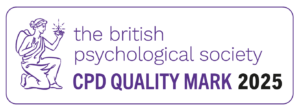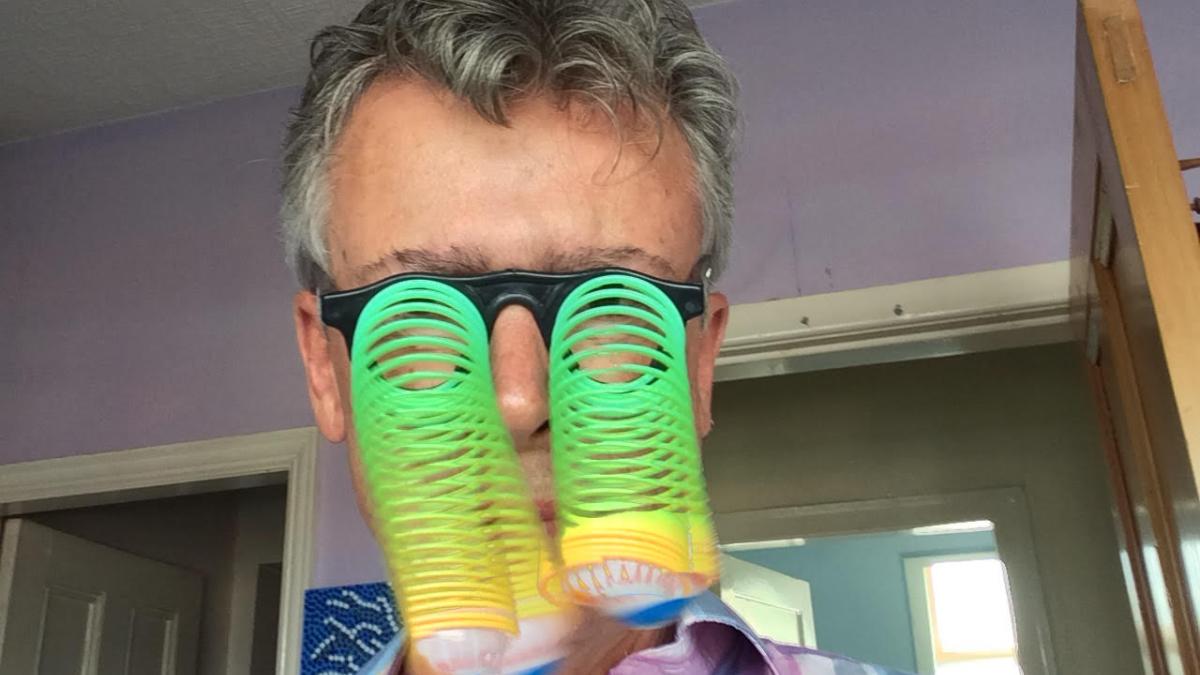We all see things in different ways, do we not? Just supposing we were all the same (mentally / emotionally) and saw things in exactly the same way. It would make things very simple and easy but extremely dull and therapists like me would probably be redundant!
I’m reminded of the wise man in the story of the 17 camels. In case you are not familiar with this story this is how it goes: In a land far away a man dies and leaves his entire estate, consisting of 17 camels, to his 3 sons under the strict condition that the eldest son would receive half, the middle son, one third and the youngest son, one ninth. Well I’m no mathematician but I’m sure you can appreciate their dilemma! In fact the sons were so distraught that they were about to kill and cut up one camel and divide it up when fortunately a wise man arrived (as they often do in this sort of story!), riding on his camel.
He said to the sons ‘here take my camel as a gift – now you have 18, so the oldest son can receive his half (9), the middle son his third (6) and you youngest son his ninth (2)’. So everyone was very happy when the wise man said, ‘hang on a mo – I’m no mathematician either but let’s add it up: 9 camels, plus 6, plus 2 – that totals 17 camels – so luckily we have one camel left over!’ and with that he got on his own camel again and rode away.
This is also a pretty good example of manipulating the ‘map’ to suit the ‘territory’. You may be familiar with the NLP pre-supposition, ‘The map is not the territory’. Pre-suppositions are statements which assume the truth of something. They are usually something which is open to argument over their truth but, to make them useful, it is helpful to treat them as if they are true. So what does ‘The map is not the territory’ mean? It’s about perception and the way that we all tend to see things in ways which are unique to ourselves. For example, just suppose that Aston Villa, which I support, and West Bromwich Albion, which my friend Jas supports, are facing each other in a local football match.
Since we are friends we decide to go to the match and sit side-by-side. Would you agree that Jas and I are unlikely to both see things the same way – unless it ends up with a draw, that is? Otherwise one of may see it as a glorious spectacle with a wise and handsome referee. To the other one of us it will be seen as a dull, unruly or atrocious waste of 90 minutes – see what I mean?
Mindfulness teaches us to be aware, and that awareness comes in via our senses: visual, sound, feeling, taste and smell – with a little bit of sixth sense, as in intuition, thrown in for good measure. We learn, in mindfulness practice, to be able to tune in and out of our senses individually. For example we go on a sound walk, where we intentionally deprive ourselves of visual stimulus and allow ourselves to be led around with our eyes closed. It really is a unique experience for sighted people and can feel unnerving and strange. The interesting thing is just what we do notice when our eyes are closed and participants report that all their other senses seem to be tuned up so that they are, for example, far, far more aware of all of the sounds around them and of the changing texture of the floor, or ground beneath their feet.
The picture at the top of this blog post, of me wearing a strange and completely ineffective pair of spectacles, has its own story to tell. On our training recently we had a woman called Stevie, who is a former GP who had to resign at an early age from her practice due to losing her sight. Stevie is a remarkable person who has made an enormously positive impression on me and, as far as I know, on everyone in our training groups with her. She has a brilliant ‘can do’ attitude and a robust sense of humour, including the ability to laugh at herself! She is a powerful motivator and I’m certain she will make a wonderful mindfulness teacher.
An enduring image for me is of seeing Stevie walking, unsighted and with her stick, and guiding a fully sighted person with their eyes closed, around paths, trees and lakes, during the sound walk exercise. Unusual or what! Stevie describes ‘seeing’ in a different kind of way. Because she had many years sighted, she has strong visual memories and can make visual constructs, describing herself as being like a bat and using her other senses, particularly sound and feeling, in way that gives her confidence on her ability to move unaided.
Stevie has travelled to our training courses by public transport, involving 2 trains. Her level of mindful awareness and her joyful appreciation of life is something which is quite extraordinary. How often do we walk around as if our eyes were closed? How much do we take for granted? How much do we allow insignificant, trivial matters to bother us in rather ridiculous ways? – I trust I’m not the only one!
So, coming back to the picture of me wearing the comedy specs – I very occasionally receive a thank you card from a student – Even more rarely I receive a small gift. Never before however have I received a gift like these comedy specs, which Stevie presented to me in a silver, silk lined box. She said our training had helped her, without any conventional eyesight, to take yet another view of helping people through mindfulness based therapy.
Teacher training via The UK College will give you a full insight into mindfulness and mindfulness based therapies. Courses run regularly and can be booked by phone or online. If you’d like to know more please call The UK College on 0121 444 1110 or email us.





